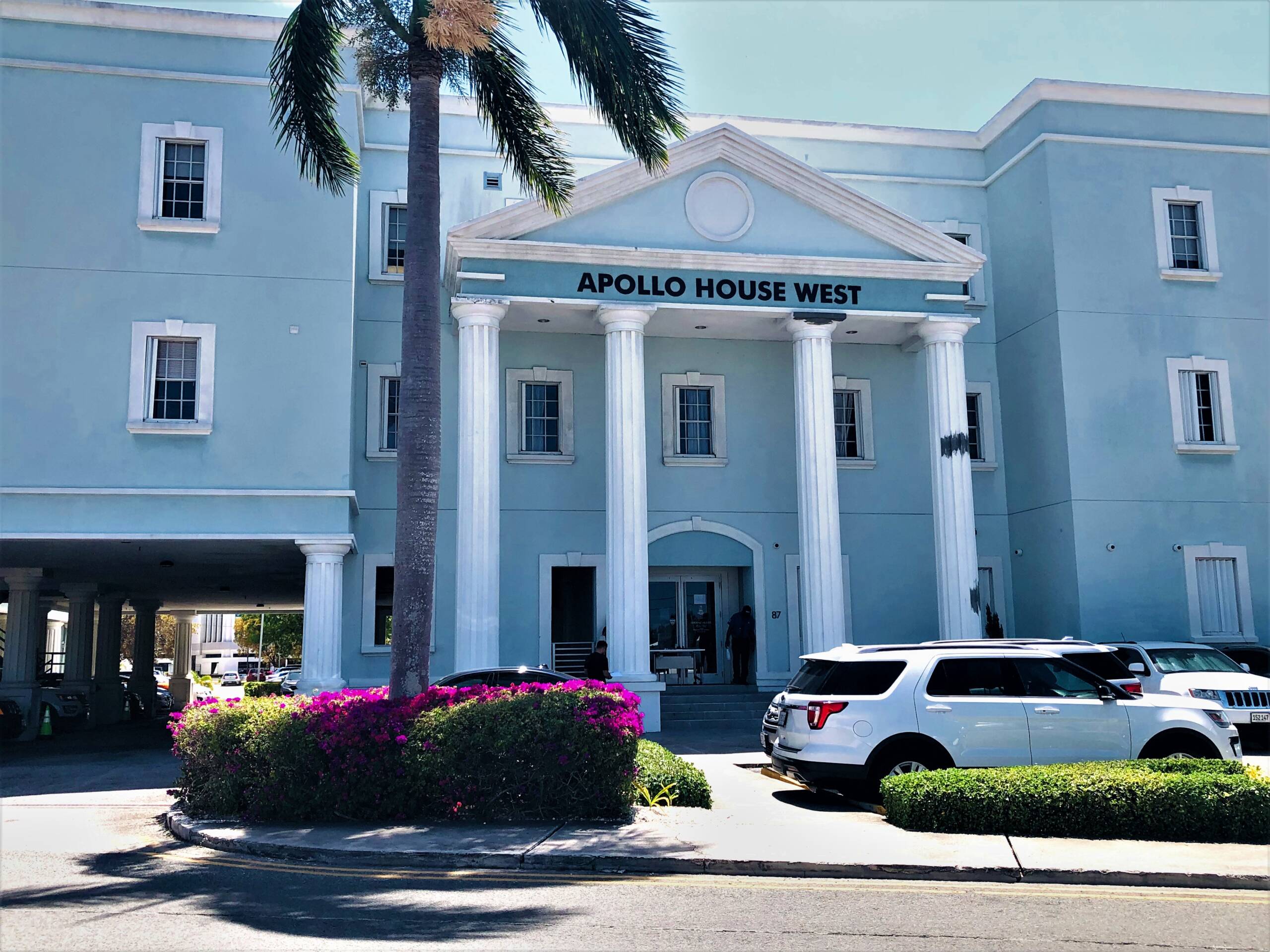Fraud Alert!
A group is impersonating Li and Chan Law Firm to commit fraud. Do not share personal or financial information with unauthorized parties. Report suspicious activity to [email protected].
Report FraudCayman Islands Rolls Out Comprehensive Immigration Reform

A parliamentary white paper has outlined a raft of proposed immigration reforms, including requiring work-permit holders to leave Cayman for a year before they can work for a new employer, and extending timelines for status and permanent residency applications.
Under the proposed changes, the number of years work-permit holders could remain in Cayman before applying for permanent residency under the points system would be increased from eight years to nine.
Permanent residents would have to be resident on island for 20 years, rather than the current 15, before they could be granted Caymanian status, and for those married to a Caymanian, the waiting period has been extended to 13 years.
Those who do not apply for PR would be able to remain in Cayman for 10 years, rather than the current nine, before being ‘rolled over’.
Border Control Minister Dwayne Seymour. – Photo: Parliament of the Cayman Islands
While the proposed amendments stipulate that work-permit holders cannot change jobs without leaving the island for 12 months, exemptions will be allowed, a frequently-asked-questions document accompanying the the white paper states. Those exemptions would be outlined in future amended regulations.
The Immigration (Transition) Discussion White Paper, which is subject to a 21-day public consultation, was laid on the table of the House Friday, 31 Jan., by Border Control and Labour Minister Dwayne Seymour.
Key proposed changes
‘Additional time for further changes’
Commenting on the discussion paper in Parliament on Monday, 3 Feb., Seymour said that extending the length of time before people can apply for Caymanian status – which effectively grants citizenship and voting rights – would give government “additional time to plan what further changes, if any” need to be made to the immigration policies and legislation in order to deal with the islands’ growing population.
Noting that expats make up more than 60% of Cayman’s total population, which is estimated to be about 85,000, Seymour acknowledged that immigration has been “central to our socio-economic fabric”, with foreign workers contributing greatly to key sectors, such as finance, tourism and construction.
While immigration has brought many economic benefits, he said, it also presented challenges, including to social integration. “The size of the expatiate community in relation to the local population can lead to misunderstandings and tensions between locals and expats,” Seymour said, adding that some members of the local population were “concerned about preserving our cultural heritage and national identity as we witness a growing presence of foreign workers”.
The minister said it was essential to address these concerns with sensitivity, but also noted that government must “carefully consider” the capacity of Cayman’s infrastructure to cater to a growing population.
“Failing to account for the pressures on infrastructure can lead to overcrowded schools, traffic congestion, insufficient healthcare services, and housing shortages, all of which can undermine social stability and economic growth,” he said.
Seymour said the amendments to the immigration legislation had been under review since Cabinet approved drafting instructions in May 2024.
Referring to the public-consultation process, which is expected to run until 3 March, the minister stated, “The public’s perspectives will help ensure that we craft policies that are balanced, inclusive and grounded in realities of those who live and work here.”
Other proposed changes
The white paper proposes to change the name of the Immigration (Transition) Act to the Caymanian Protection Act – which was the original name of the legislation when it was first introduced in 1971 – to “better reflect its purpose”.
It also proposes introducing different categories of Caymanians; depending on a person’s situation, they may be considered a ‘native Caymanian, ‘Caymanian by descent’, ‘Caymanian by dependency’, or ‘Caymanian by grant’.
The paper notes that these changes “aim to better distinguish between those with generational ties to the Islands and those acquiring status through legal processes”.
Under the amendments, a new certificate for farmers would be introduced, which would allow work-permit holders working on farms to remain in Cayman beyond the proposed 10-year term limits – similar to exemptions made for specialist caregivers in earlier changes to the legislation. Certificates for farmers would cover a maximum of two five-year instalments each, meaning farm workers could effectively remain in Cayman for 20 years.
The paper also stipulates that employers must advertise vacancies in local newspapers or prescribed media, as well as on the Workforce Opportunities and Residency Cayman portal for two consecutive weeks.
The proposed changes would also generate more revenue for WORC, through increased fees and new fines, the paper states.
Changes are also proposed for holders of Permanent Residence and Employment Rights Certificates, known as RERCs. The period of time before RERC holders can apply for naturalisation would be extended to 13 or 20 years, depending on their marital status. Also, proof of financial support from applicants seeking to continue their RERC based on having Caymanian children would need to provided, the paper states. Those who fail to do so would have their RERC revoked.
Lawyer: ‘Concerns over viability of some proposals’
A leading immigration lawyer in Cayman, Nick Joseph, says that while some of the proposed amendments to the legislation would be welcomed, there were “some concerns as to the viability of some of these proposals”.
“Whilst it appears to be the intention of government to increase the protection of Caymanians and these islands, parts of the proposed approach, sometimes for the most technical of reasons, may, in fact, have the opposite effect,” he said.
For example, Joseph said, rather than strengthening term limits – the amount of time a person can legally remain in Cayman without applying for permanent residency – “the proposed legislation extends them and creates further exemptions”.
He also noted that the proposed changes do not include applying the legislation to civil servants. Under the current law and regulations, expatriate civil servants do not require work permits and remain in Cayman indefinitely.
“This has consequences,” Joseph said, “including a near inevitability of large numbers of persons continuing to develop rights to remain in Cayman forever, without any formal, independent vetting.
“Every child born in Cayman, who is still here on their 10th birthday, is automatically able to claim a right to remain here forever. This is the case, whether or not they (or their parents) meet any criteria set by the Cayman Islands Government.”

A group is impersonating Li and Chan Law Firm to commit fraud. Do not share personal or financial information with unauthorized parties. Report suspicious activity to [email protected].
Report Fraud February 05, 2025 - BY Admin
February 05, 2025 - BY Admin